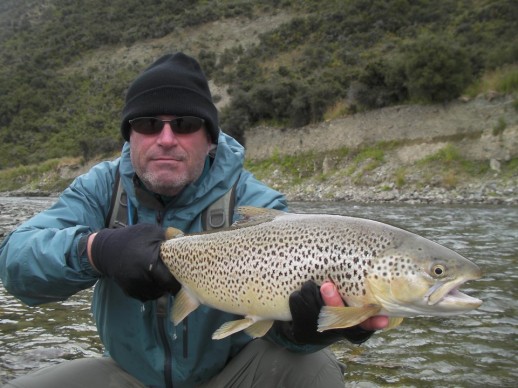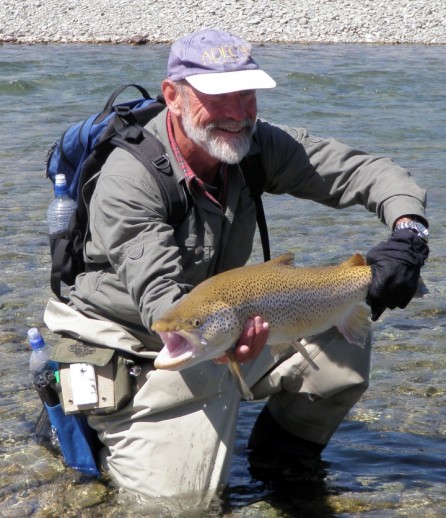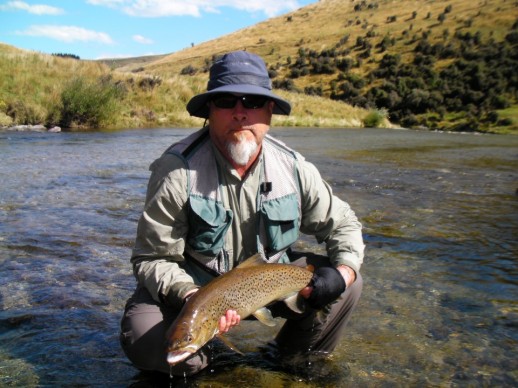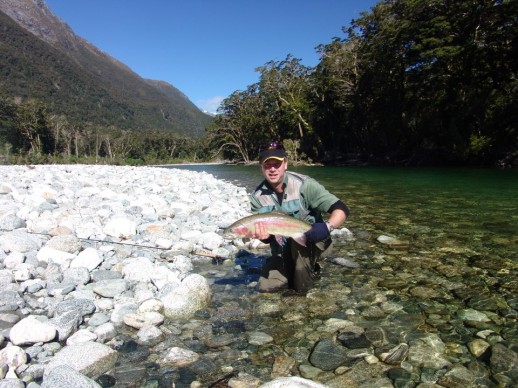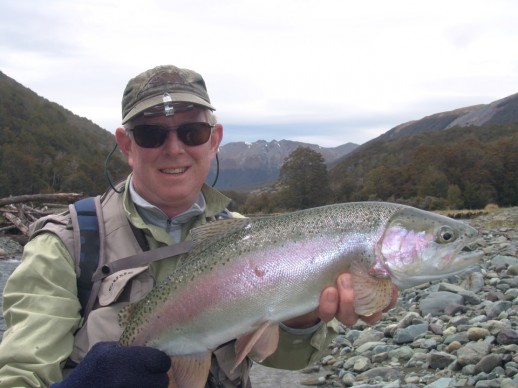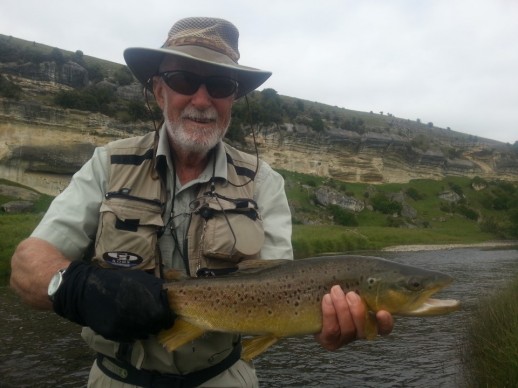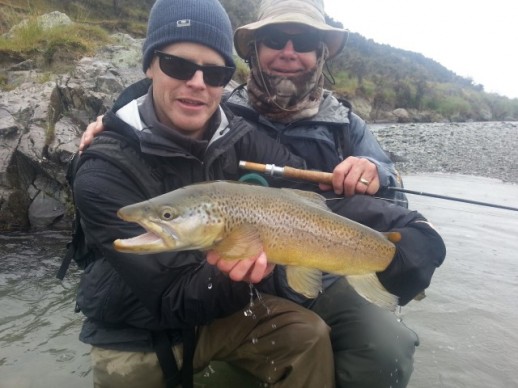With less than one month until our lowland rivers (The South Island of New Zealand) re-open on the 1st October the usual excitement is beginning to build. I am keen to get back on the water and start my seasonal exploratory duties of checking out the various waters around and track down some big trout for standby when the right clients and conditions avail themselves. You can bet your arse that I will do a bit of fishing too!
Felts have now been officially banned by the Minster – see below:
To reduce the risk of didymo spread, Conservation Minister Steve Chadwick today agreed to the New Zealand Fish and Game Council recommendation to restrict the use of footwear with felt soles by fishing licence holders.
“Our world-famous trout fisheries are threatened by the invasive alga ‘rock snot’, or didymo. While didymo is currently only in some South Island rivers, it could be easily spread to other places and we are taking these steps now to protect our precious waterways,” Steve Chadwick said.
The new condition is part of the Anglers Notice and comes into affect from the beginning of the fishing season on 1 October.
“The New Zealand Fish and Game Council has recommended that people who hold a licence to fish for trout, and other sports fish, should contribute to the national campaign to halt the spread of didymo by not using felt-soled waders when fishing.
“Given that felt-soled waders, and similar footwear, are very difficult to clean using the ‘Check Clean Dry’ approach, I have accepted the Council’s advice.
“It is important that fishers realise that this restriction does not remove the risk of didymo spread – it will address one particularly high risk, but we still need them to continue to be vigilant about cleaning other equipment.
“The ‘Check Clean Dry’ practice is critical to fight against didymo and other freshwater pests. Fishers have a special responsibility to help care for the trout fisheries that are the basis of their sport, and I urge them to continue to vigilantly follow Biosecurity guidelines.
“I will also be asking both the Department of Conservation and Fish and Game councils to increase their monitoring and education work relating to other vectors of didymo in freshwater, as part of the Biosecurity NZ nationwide campaign.
“I acknowledge that some anglers will need to change the types of soles they use, however, no-one wants to see didymo spread further, and the negative impact of didymo reaching their favourite fishery would be far greater than meeting the costs of this restriction.”
Some waders and boots used by freshwater fishers have a sole made from a thick felted material, which poses a very high biosecurity risk as micro-organisms, such as didymo, can become trapped in the felt, and cannot be killed by the normal cleaning methods used with other footwear. There are alternative soles available, and waders can be re-soled.
Check Clean Dry
Check Clean Dry
Check Clean Dry

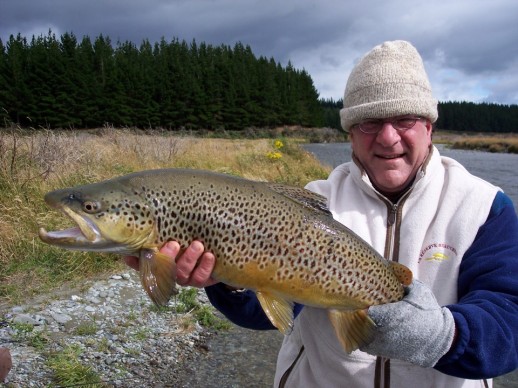 I can’t tell you how much I appreciated everything you did to make my fishing trip unforgettable. That trophy brown was totally unbelievable! Frankly, I’m surprised we were able to land him. That was one of the longest fights I’ve ever had with a fish. Fighting that trout and the river current was a whole new experience for me. Your advice and help were invaluable. I will definitely call you the next time I get to New Zealand. And I really enjoyed your website article and photo. Thanks again for putting me in position to catch the fish of a lifetime. And it was almost a few fish of a lifetime. All in all…brilliant!!!
I can’t tell you how much I appreciated everything you did to make my fishing trip unforgettable. That trophy brown was totally unbelievable! Frankly, I’m surprised we were able to land him. That was one of the longest fights I’ve ever had with a fish. Fighting that trout and the river current was a whole new experience for me. Your advice and help were invaluable. I will definitely call you the next time I get to New Zealand. And I really enjoyed your website article and photo. Thanks again for putting me in position to catch the fish of a lifetime. And it was almost a few fish of a lifetime. All in all…brilliant!!!